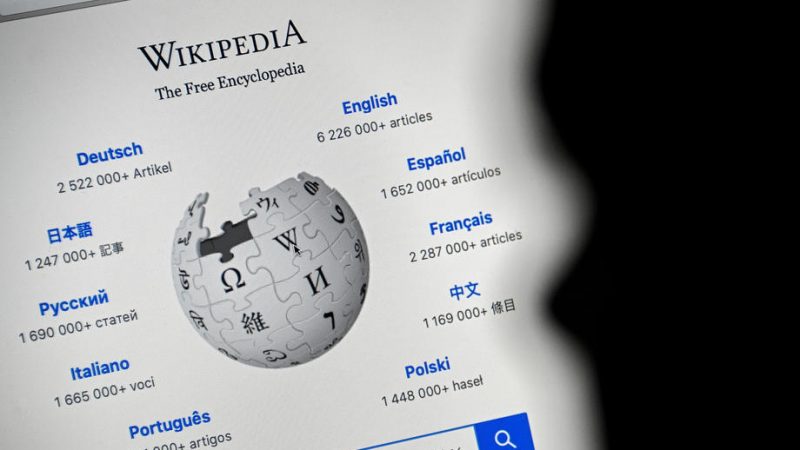Irish judges are using Wikipedia articles to make legal rulings
 Image: EPA
Image: EPA
Irish judges are using Wikipedia articles to make legal rulings
Words: Ellen Kenny
Who could’ve guessed that our teachers were right about the dangers of Wikipedia all along?
A new study from NUI Maynooth and Massachusetts IT discovered that anonymous legal articles on Wikipedia are more likely to influence the legal reasoning of Irish judges. The study, Trial By Internet, raises questions about the ability of the internet encyclopedia to influence legal rulings.
The researchers, with a group of law students, created 154 legal articles about Irish Supreme Court rulings. Half of these articles were uploaded to Wikipedia, while half were used as a control.
The articles uploaded to the website were 21.8 per cent more likely to be used by Irish judges as cited precedents in legal rulings. The issue was most common in High Court judgments. You know, the court responsible for murder and rape trials. They’re using Wikipedia to make decisions.
An analysis of the language used in judgments also found the “linguistic fingerprints” of the Wikipedia articles. So not only are judges using Wikipedia to make legal decisions, but they’re letting Wikipedia do the talking for them.
According to Professor Brian Flanagan of Maynooth. “It is not cut and paste but they are using phrases and terms that could only have come into their head if they were just after reading the Wikipedia summary.”
Wikipedia is not a legal expert
It’s not breaking news that people are using the internet encyclopedia to do research. Despite people being able to anonymously edit articles, Wikipedia tends to be fairly reliable for basic information.
But this isn’t a college assignment or pub quiz that judges are using Wikipedia for. These are legal rulings that affect actual lives. Anyone can edit the articles that judges use to make legal rulings. Even if overt lies don’t make it on to the site, leading information or nuggets of misinformation can slip through the cracks.
According to Flanagan, there is no way of knowing if the articles were written by an actual legal expert. Or even if it was written by someone involved in the case.
“A well-resourced litigant could encourage his legal team to anonymously integrate their own analysis of a relevant precedent into a Wikipedia article at an early stage of litigation in the hope of later attracting the attention of the judge or his clerk,” Flanagan explained.

“Legal decisions should be based on carefully-considered expertise about what laws and precedents say, and never be at the mercy of internet ghost-writers.”
The study recommended that Wikipedia enlist legal experts to ensure the quality of legal articles on the website. It also suggested augmenting legal precedents into its own curated internet encyclopedia.
Hopefully these recommendations are accepted before a serious mistake is made because a High Court judge couldn’t be bothered to put some more effort into their research.
Elsewhere on District: 1.4 million euros added to Night-Time Economy Support Scheme
